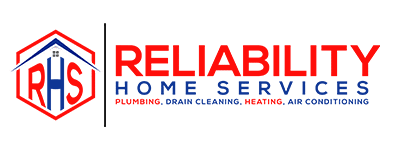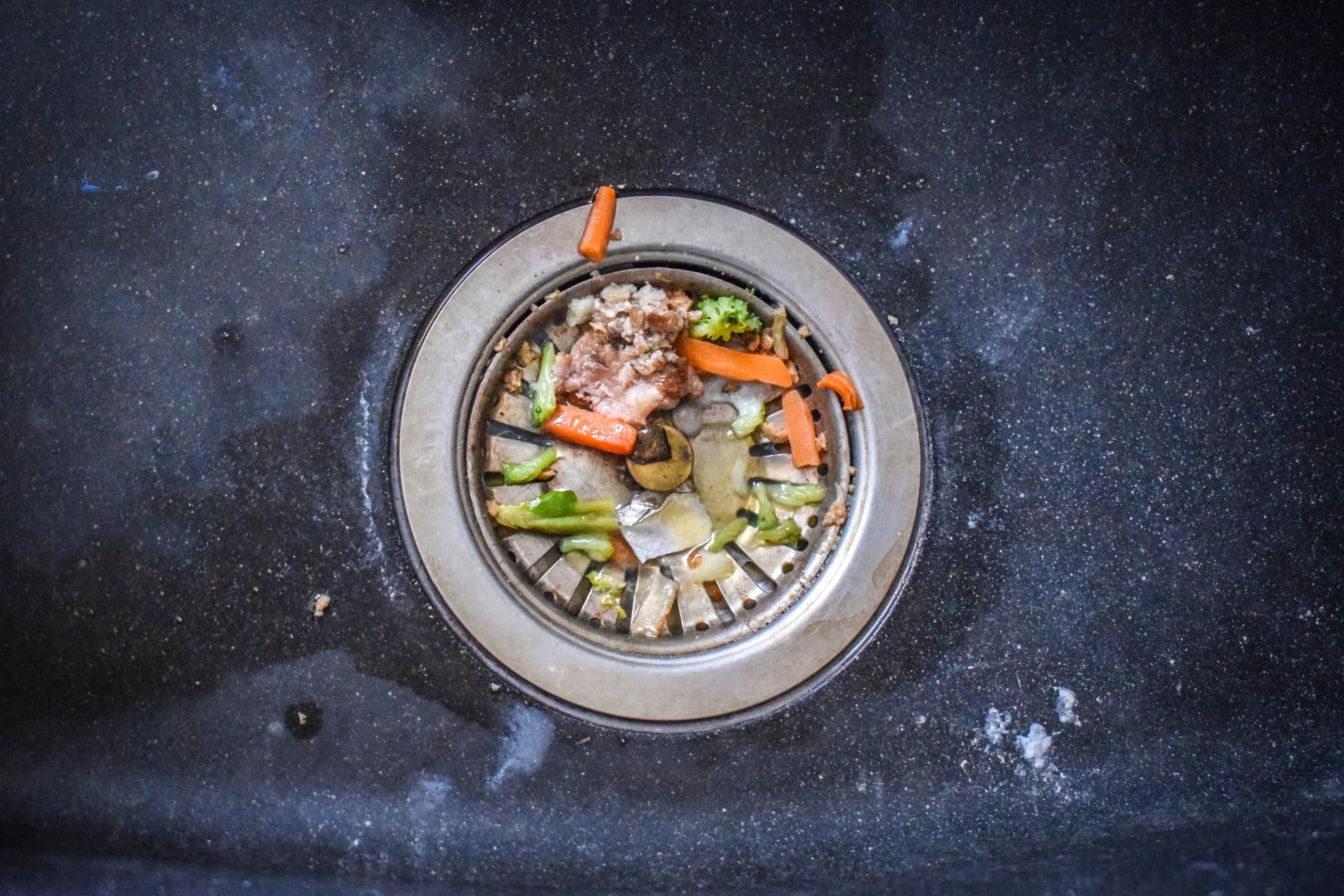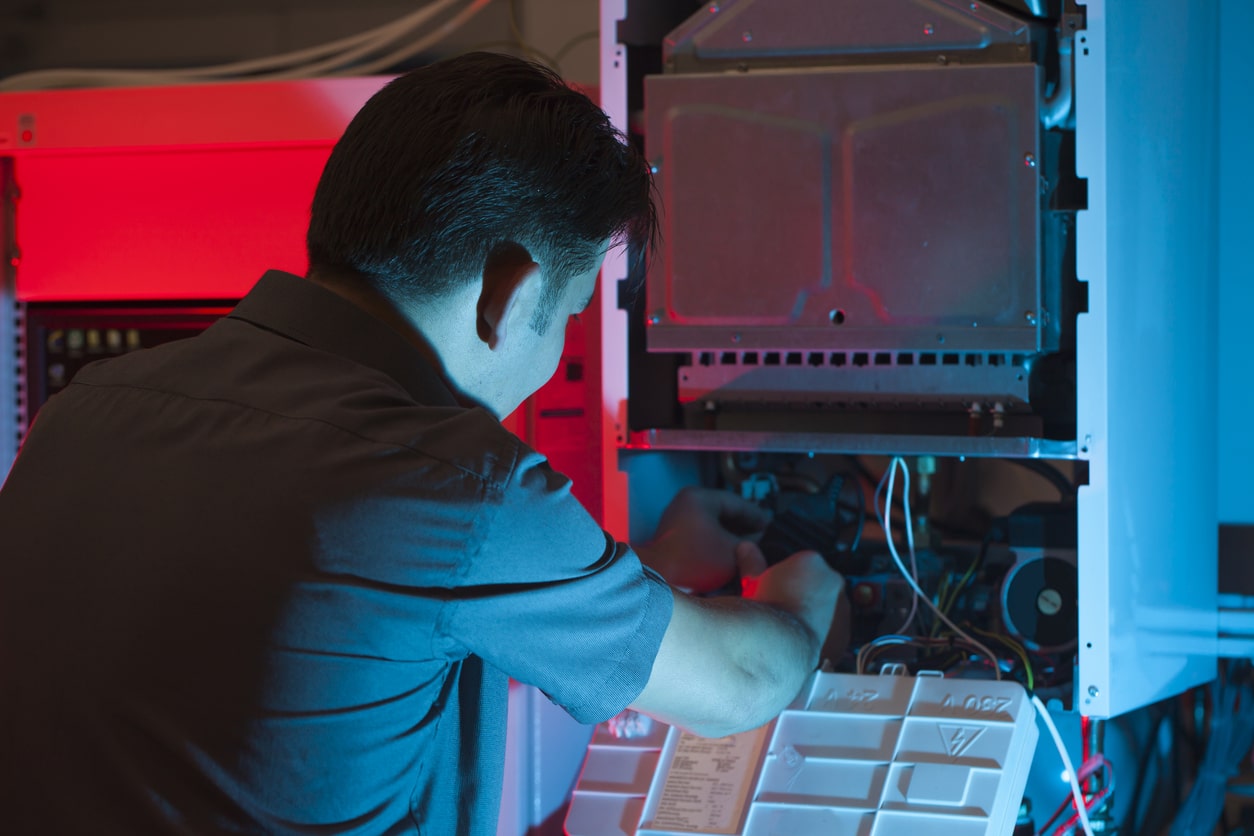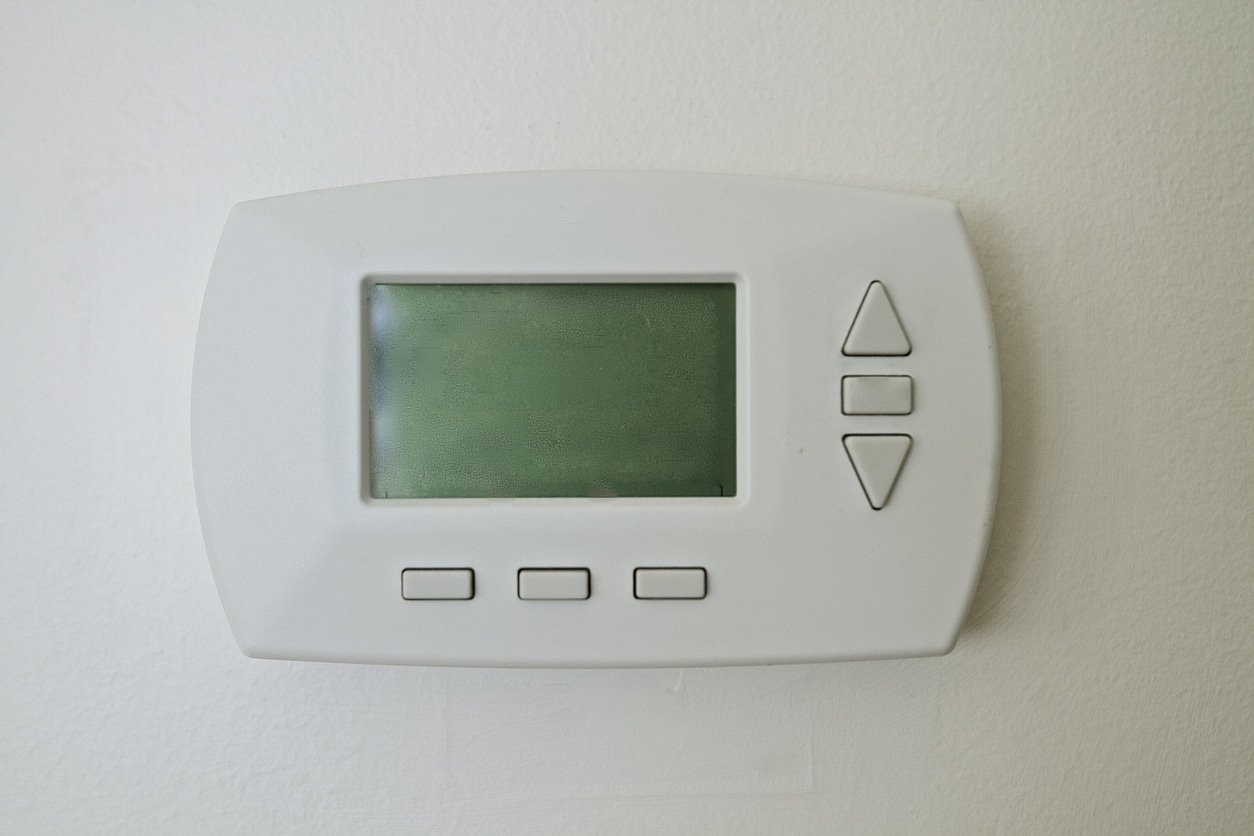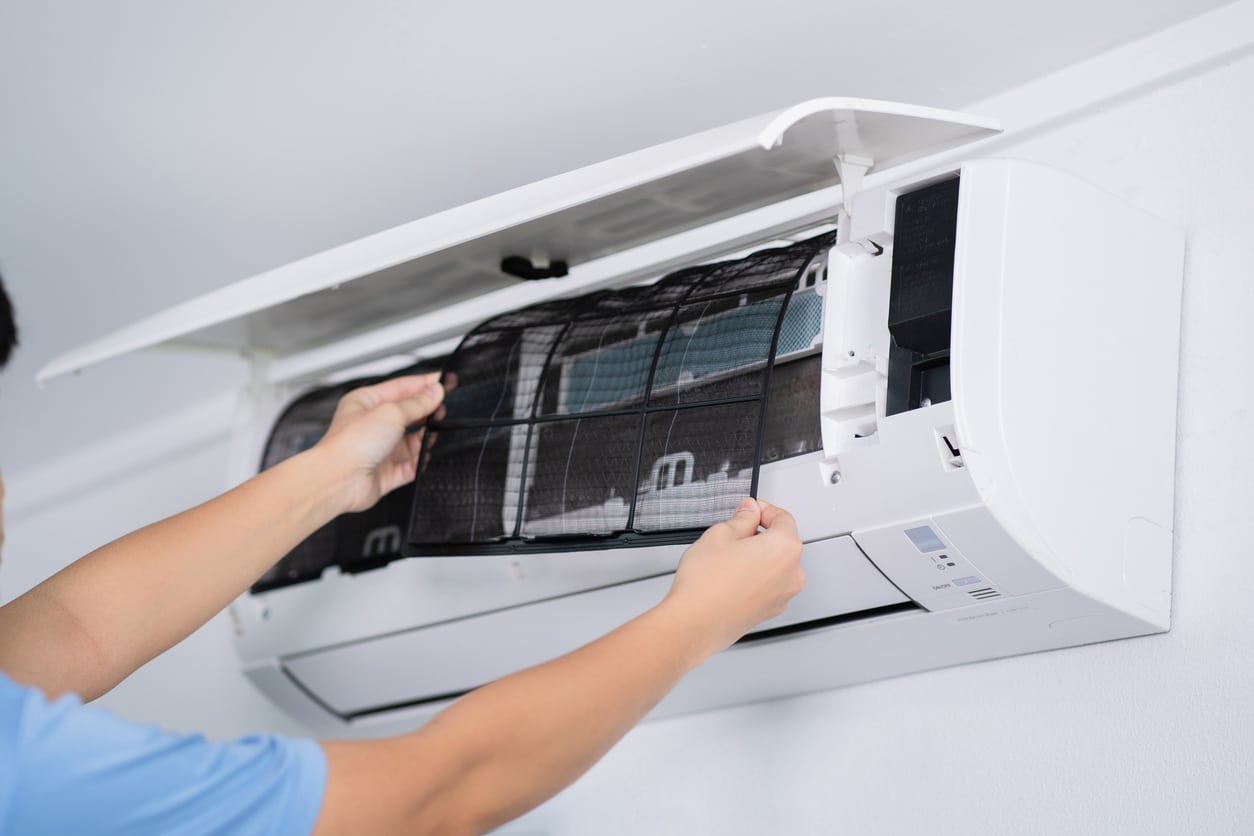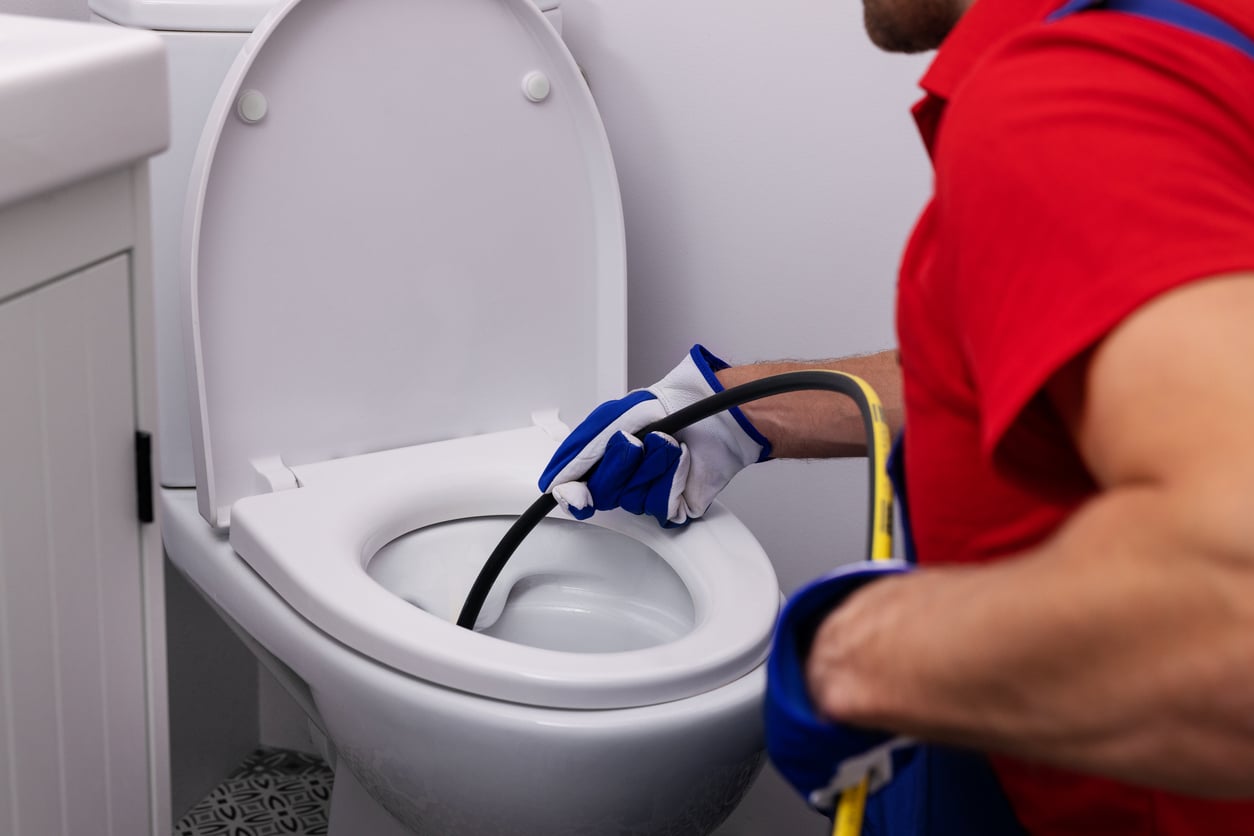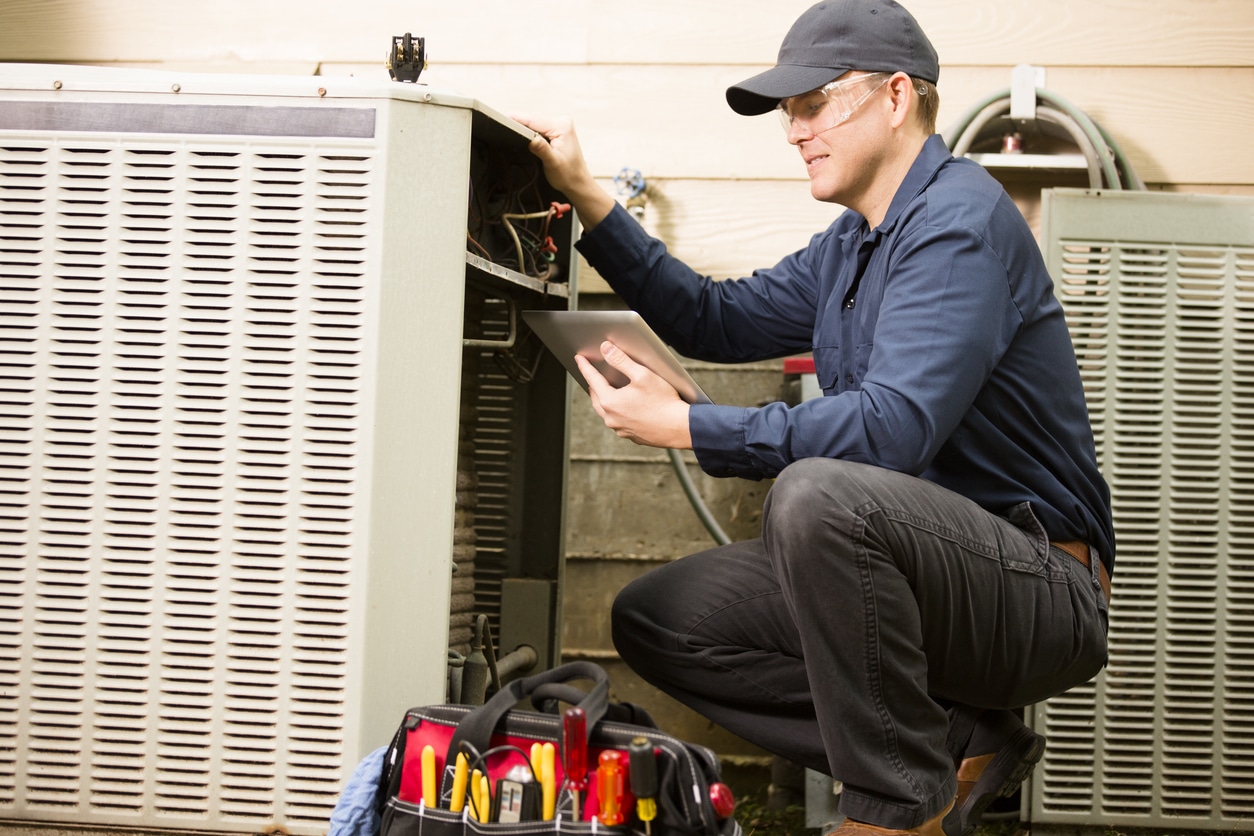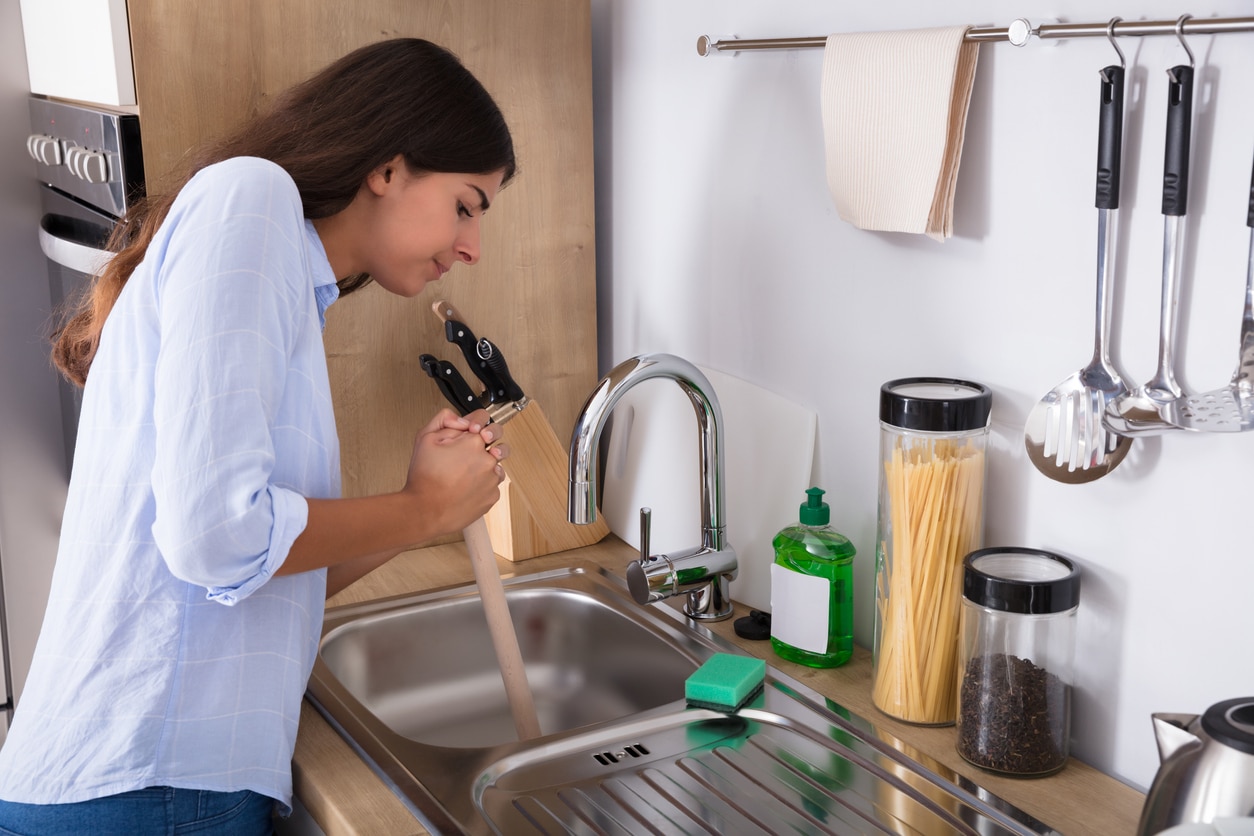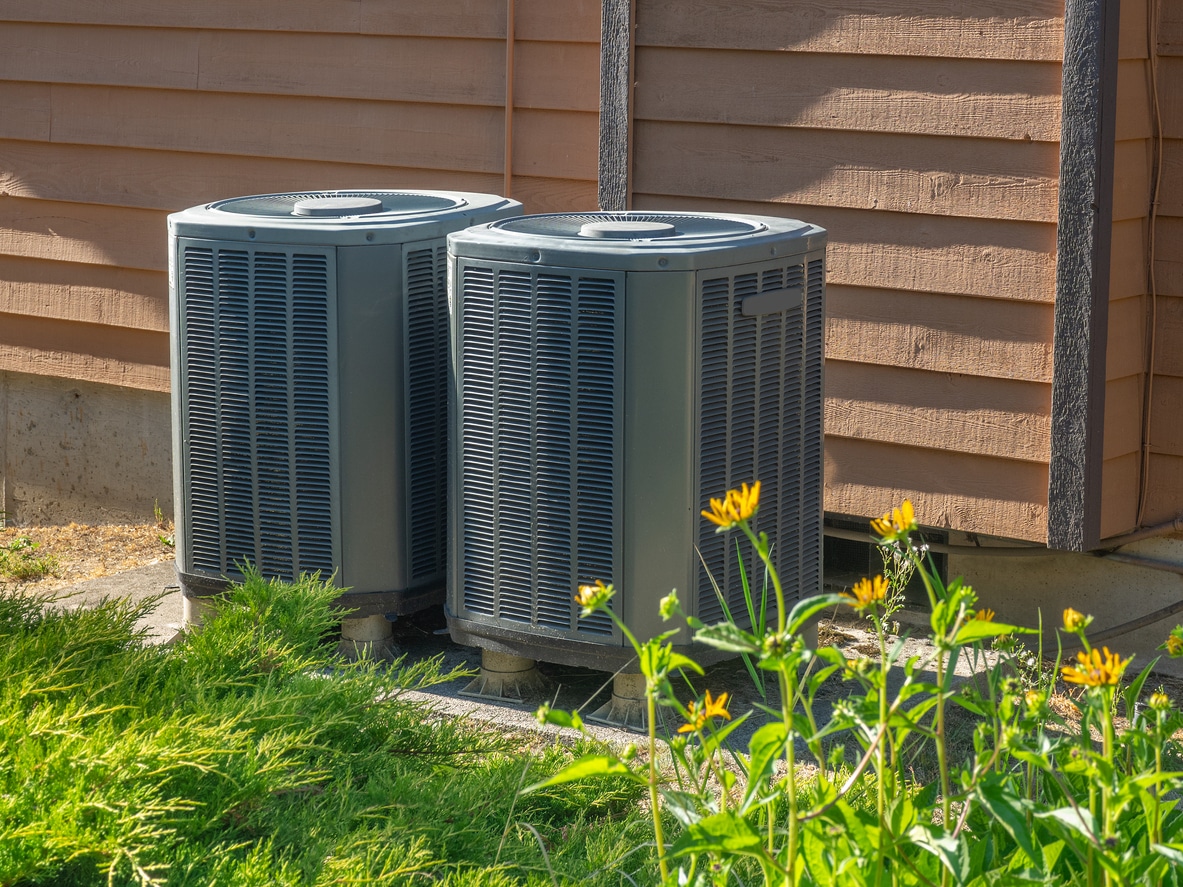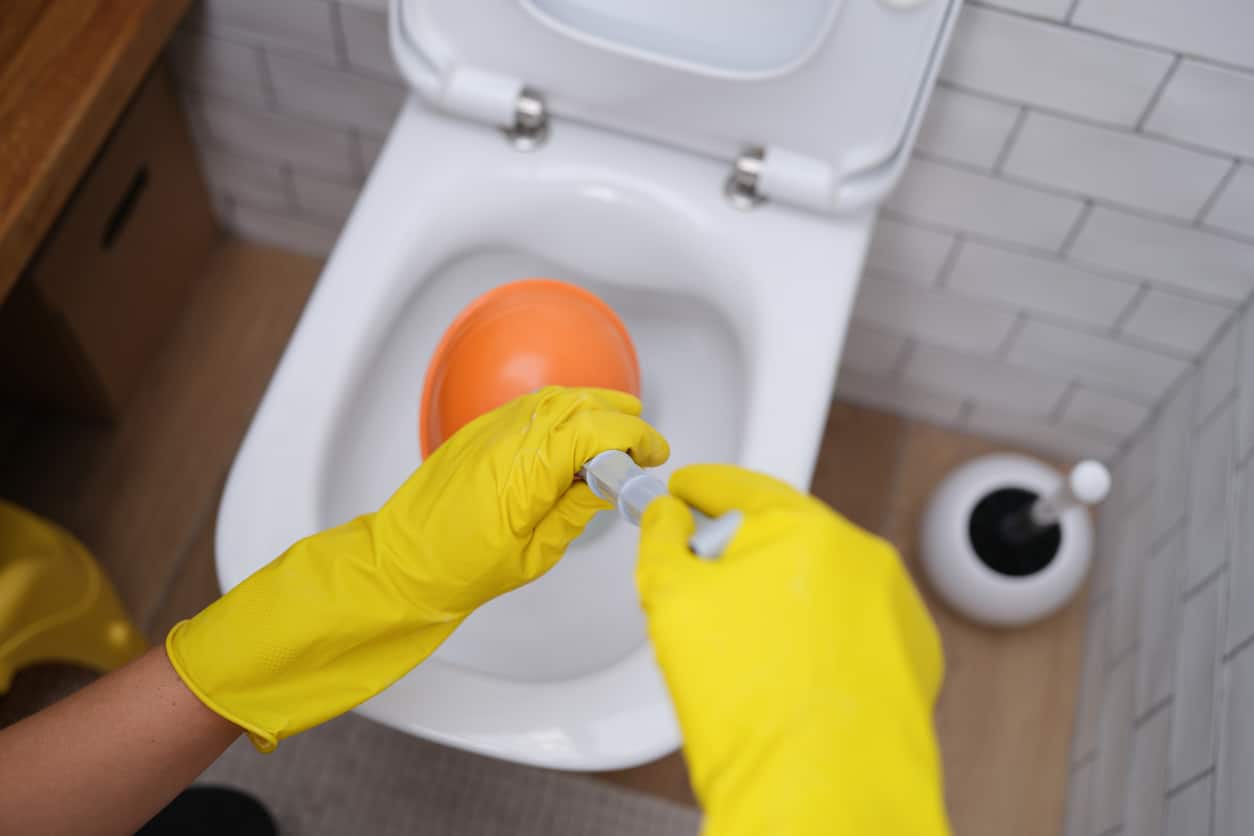Your kitchen drain deserves some attention. Although most Dundalk homeowners take their kitchen drains for granted, the drain receives the most abuse of all the household drains. Every meal, there are some crumbs of food that make their way down the drain. And that doesn’t include all of the fat, oil, and grease that also end up in the drain. If you don’t take care of your kitchen drain, you will find yourself in need of clogged drain repair. Learn how frequently you should clean out your drain, and you may be able to prevent the need for a costly plumbing repair.
The Challenge of Kitchen Drains
Most people cook two or more meals a day in their kitchens. As a result, their kitchen drains receive an almost constant supply of water, food, and soap scum. From washing your hands to rinsing off your dishes, you rely on your kitchen sink more than you know.Everything that goes into your kitchen drain has the potential to have an impact on your plumbing. Drains were made to allow water to travel from one place to another, but they weren’t made to handle food particles or grease. Over time, everything that goes into your drain collects. You could have one or more large clogs in your kitchen plumbing. Because kitchen drains are used so frequently, they’re extremely likely to be clogged. These clogs cause foul odors, slow draining, and, eventually, burst pipes. If you don’t ever clean your drains, it may only be a few months before you start to notice the problems associated with drain blockages. The Frequency of Drain Cleaning
The term drain cleaning has multiple meanings. For some individuals, drain cleaning means pouring harsh chemicals down the drain every time it seems to be clogged. Sadly, this is not a solution to your problems and makes matters worse. Chemical drain cleaners are corrosive and eat away at most types of pipes. If you use drain cleaning products frequently, you could end up with leaky or broken pipes.A more healthy form of drain cleaning is flushing your drains. To keep your drains clear, you can flush your kitchen drain once every week. This helps fat and grease move through your pipes, rather than remaining put and clogging up the works. Flushing your drains involves boiling three cups of water and adding a drop of dish soap to it. Then, slowly pour the mixture down your drain to break down debris. After five minutes, flush three cups of cold water down the drain. Repeat the process once more with boiled water.If you have a home with PVC pipes, don’t overheat the water. Water that’s warmer than 140 degrees could melt or damage your pipes. Monthly Cleaning
Once a month, you should do a different type of drain cleaning. Your monthly cleaning doesn’t eliminate clogs but prevents them from forming. If you pour an enzymatic drain cleaner down your kitchen drain, you can let the cleaners digest particles of food. Instead of accumulating in your drains, the food particles are broken down by the enzymes. It’s important to know that enzymatic cleaners are nothing like harsh chemical drain cleaners. However, they still could cause damage to your eyes and skin. Whenever you use an enzymatic cleaning product, proceed with caution.Annual Cleaning
One of the most important cleanings is the annual clean, which should be done by professional drain cleaning services. During this clean, a professional comes to your home and inspects your plumbing. They may use a video camera to check out your pipes and look for problem areas. Then, they use an appropriate technique to clear particles from your plumbing.To make your life easier, you can schedule an annual maintenance call with your favorite plumber. They may include drain cleaning as part of your routine maintenance. Because you schedule the maintenance in advance, you don’t need to worry about forgetting to schedule an appointment.What Else Happens During an Annual Drain Cleaning?
A typical homeowner can handle weekly and monthly drain cleaning. But, when it comes to the annual cleaning, you need a professional’s help. It takes an experienced hand to know how to clear blockages from your pipes. They don’t use vinegar and baking soda or other household solutions to clean out your kitchen drain.Typically, plumbers use one of two methods to clean your drains. The first method is to use a drain snake. Although drain snakes are available for purchase at most hardware stores, they’re not easy to use. Older homes have weak pipes that are particularly susceptible to damage from drain snakes. If you’re too rough with the snake, you could break your pipes.When properly used, a drain snake either breaks up a clog or pulls it back through the pipe. Meanwhile, hydrojetting is the other method of professional drain cleaning. A professional uses high water pressure to blast away particles in your pipes. Once again, this is no DIY job. You need the right equipment and training to do hydrojetting. Which Method is Right for You?
You don’t need to worry about which way is the best for clearing out your plumbing. When you call a plumber for an annual cleaning, they will inspect your pipes and pick the safest and most effective method of drain cleaning. They consider the age of your pipes as well as the extent of your blockages. Instead of asking yourself which method of drain cleaning is the best for you, it’s better to ask which plumber you will call. For the best results, use a company with a record of success and a dedication to customer service. Do You Have Someone to Call for Clogged Drain Repair?
If you neglected your drain cleaning or you just had a foreign object go down your Dundalk drain, you need professional assistance. Here at Reliability Home Services, we can help you with your clogged drains. We offer clogged drain repair as well as routine maintenance. The next time you need a plumber by your side, give us a call.